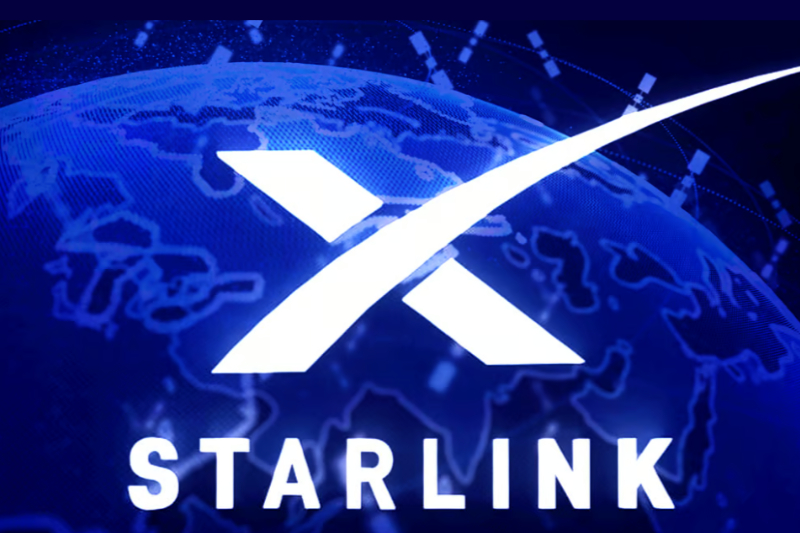
Starlink, the American Non-Geostationary Satellite Orbit (NGSO) internet service provider, has been granted a license to operate in Bangladesh, following approval from Chief Adviser Professor Muhammad Yunus. The licensing approval was finalized today (Monday).
The move comes after the Bangladesh Telecommunication Regulatory Commission (BTRC) issued guidelines on March 25 titled "Non-Geostationary Orbit (NGSO) Satellite Services Operator in Bangladesh."
Acting under these regulations, Starlink Services Bangladesh submitted its application along with the necessary fees and documentation. The BTRC formally decided to issue the license during its 294th meeting held on April 21.
Starlink’s entry represents a major milestone for Bangladesh's internet sector. With this, Bangladesh becomes the second country in South Asia, after Sri Lanka, to host operations of the global satellite internet provider.
Fayez Ahmad Tayyab, Special Assistant to the Chief Adviser for Posts, Telecommunications, and Information Technology, stated that public support for Starlink intensified during the July uprising, when the former government under Sheikh Hasina imposed repeated internet shutdowns.
Tayyab added that the Chief Adviser aimed to promote Bangladesh as a business-friendly nation by ensuring reliable internet access, especially in underserved regions such as the haor wetlands, island communities, the Chittagong Hill Tracts, and the vulnerable coastal zones. To fast-track the process, Professor Yunus personally contacted SpaceX CEO Elon Musk, urging him to deploy Starlink services in Bangladesh within 90 days.
The licensing achievement is the result of joint efforts by the Bangladesh Investment Development Authority (BIDA), BTRC, the Ministry of Posts, Telecommunications and Information Technology, and the Chief Adviser’s Office.
Tayyab highlighted several advantages of Starlink’s services, noting that it would provide stable, high-speed internet even during extended power outages. Traditional ISPs and mobile networks often falter during prolonged blackouts when their backup power runs out — a challenge satellite internet can overcome.
He further noted that fiber-optic network coverage in Bangladesh is still sparse and many existing telecom infrastructures are substandard. Currently, approximately 65% of the country's telecom towers are not connected via fiber and rely on outdated microwave links. Additionally, mobile network coverage — particularly on highways — remains weak. Starlink’s services are expected to significantly improve these shortcomings.
Tayyab also emphasized that Starlink’s presence would intensify competition in Bangladesh’s mobile and broadband sectors, moving beyond the traditional voice call and data bundle services toward more innovative digital solutions.
The introduction of Starlink could catalyze deregulation in the telecom industry, drive healthy competition, and help deliver seamless, high-quality internet access across both rural and urban areas of the country, he continued.



